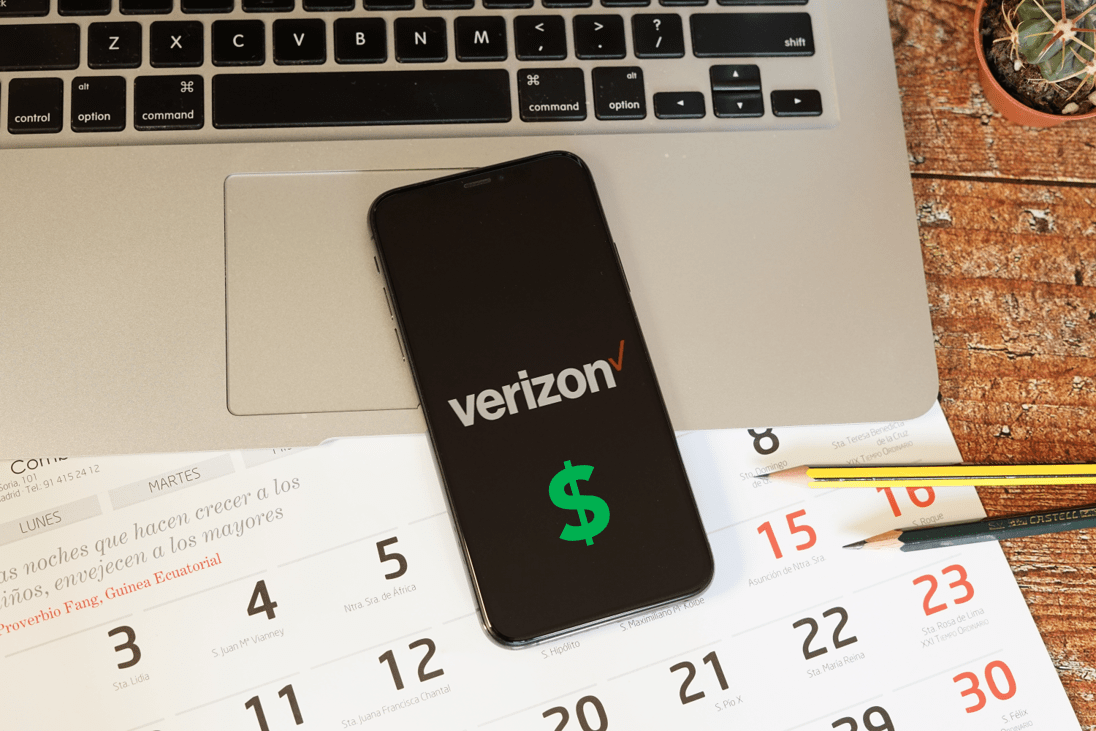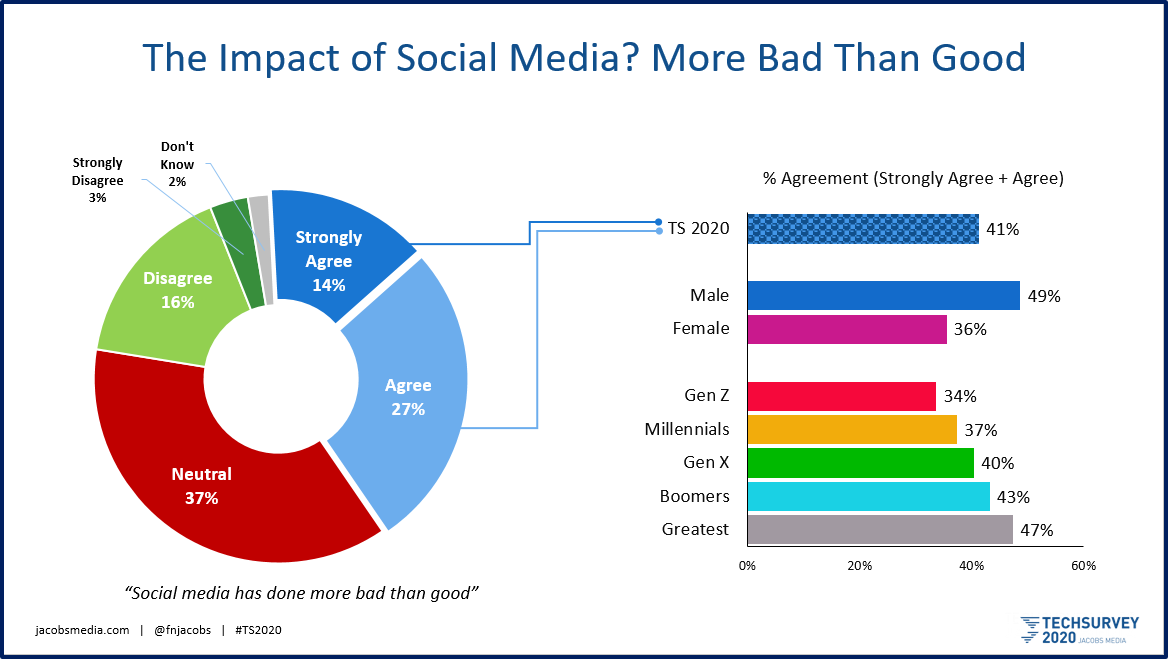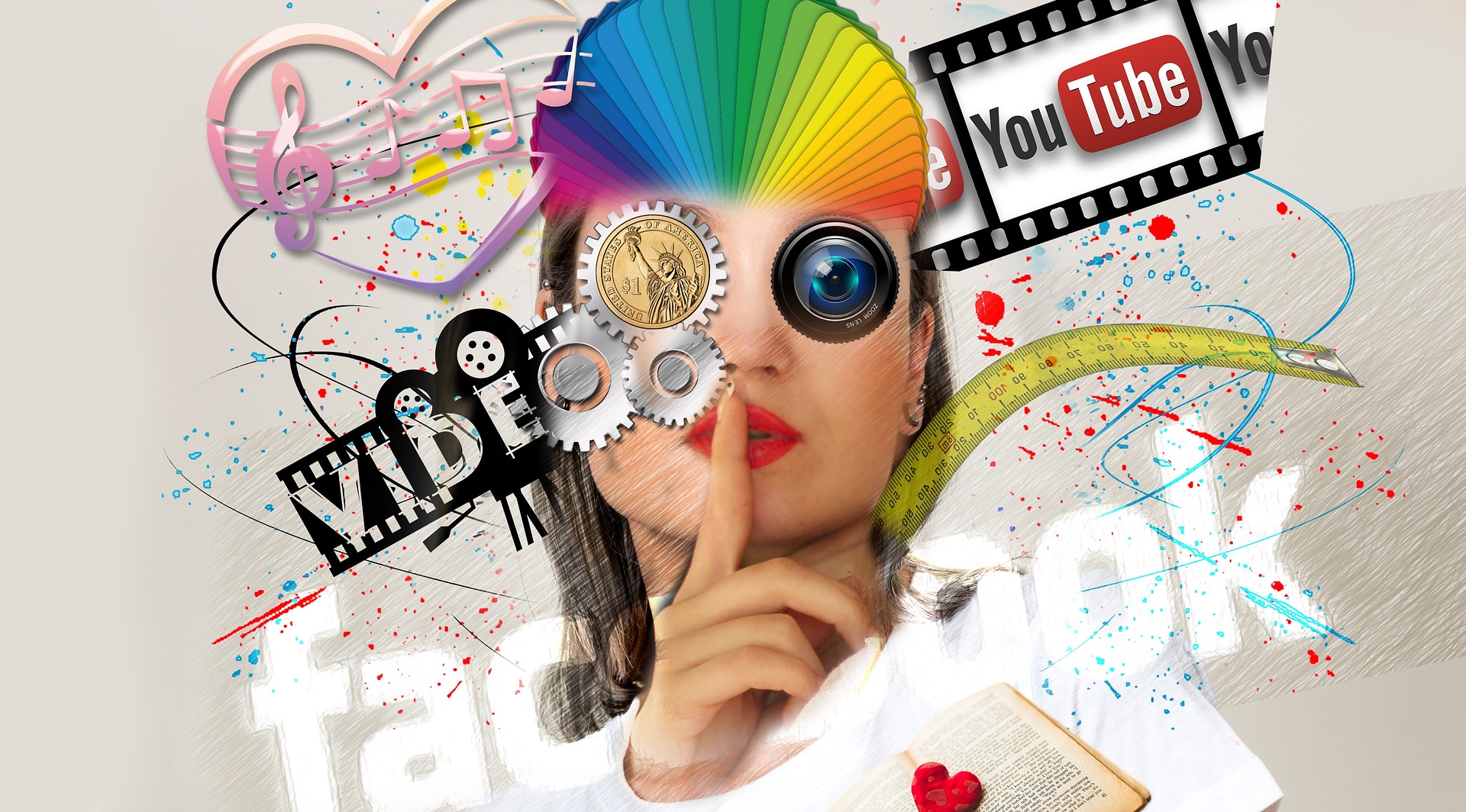
“All is fair in love, war and social media…”
―
When you consider how our lives have been forever altered by technology, the smartphone may be the first gadget that comes to mind. But when you think about the content that dominates our web usage, it’s all about social media.
When Mark Zuckerberg was a student at Harvard in the early 2000s, there’s no way he could have imagined the ginormous impact TheFacebook (its original name) would have not just on our lives, but on the world.
But Zuckerberg didn’t start social media – he productized it, and he has relentlessly tweaked and hacked his product, while ensuring its continued dominance by buying up other disruptive social sites that threaten Facebook’s position at the very top of the hill.
All these years later, and the debates about the limits and effects of social media rage on. How does social media impact elections? Who regulates these sites? How is content being evaluated and fact-checked for its veracity, as well as its ability to harm others? Nearly two decades after social media first appeared on our screens and mobile phones, there are more questions than answers.
That’s why Zuckerberg, in particular, has found himself in front of Congress several times, trying to explain whether Facebook is a tech platform (his claim) or a media outlet (what many others believe). Sadly, most members of our legislature lack the knowledge to go toe-to-toe with tech leaders and clarify the situation.
But there are exceptions. This came to the surface eight months ago when Congresswoman Alexandria Ocasio-Cortez questioned – OK, grilled – Zuckerberg about Facebook’s responsibility to fact-check political ads. Put aside your feelings about AOC for a moment – pro or con – and observe the struggle Facebook’s CEO endures, trying to answer her questions about where Facebook’s responsibility to its billions of users worldwide begins – and ends:
Facebook (and others) make their money by leveraging the content that people like us post. And advertising is their #1 source of revenue. While many companies and brands – from major corporations to nail salons – swear by Facebook’s ability to effectively hyper-target consumers, many others have become increasingly disillusioned by the platform’s seeming inability (or unwillingness) to police its own content.
While Congress has been at loggerheads, trying to figure out how to walk the regulation vs. free speech line, more and more of Facebook’s advertisers are exercising their rights by pulling their marketing dollars from the platform.
The nation’s recent upsurge in civil protests against racism has been complemented by a hashtag that is gaining traction in recent months: #StopHate4Profit
Advertisers that include popular retail brands like Patagonia, REI, North Face, Ben & Jerry’s, and Eddie Bauer are supporting this movement. And yesterday, the mighty Verizon joined the club.
According to AdAge, Verizon had already spent north of $850,000 in Facebook ads in just the first three weeks of June. The telecommunication carrier reportedly was responding to an Anti-Defamation League letter saying its Facebook ads appeared adjacent to “hateful content.” Verizon and their agency put on the brakes, pulling their Facebook schedules.
responding to an Anti-Defamation League letter saying its Facebook ads appeared adjacent to “hateful content.” Verizon and their agency put on the brakes, pulling their Facebook schedules.
Whether other advertisers follow suit remains to be seen. But clearly, the campaign against hate speech and similar content on social media appears to be taking flight.
And then there are the consumer perceptions of Facebook. Zuckerberg’s social network may be losing its mojo among teens (many of whom wouldn’t be caught dead sharing online real estate with their parents and grandparents exchanging memes, recipes, and bad jokes).
But the platform is still not only the most popular, but the one that garners the most daily usage. Put another away, Facebook is like that dominant radio station that’s far and away #1 in town, with a monster cume and tremendous regularity – the source authority.
While many people threaten to dump Facebook, fewer actually do. But that doesn’t stop the debate about whether Facebook has actually lived up to its original mission statement:
“To give people the power to share and make the world more open and connected.”
In this year’s Techsurvey, conducted in January and February among core radio listeners, we inquired about social media in general and whether it has been helpful or harmful. More than 46,000 respondents provided data on this agree/disagree statement:
“Social media has done more bad than good.”
We learned that more people agree than disagree with that view of a web phenomenon that has changed our lives – not necessarily for the better;

A couple of highlights – a plurality of respondents aren’t sure, opting for the “neutral” response. We knew before we asked the question that many people would be conflicted by our sweeping statement.
Nonetheless, four in ten agreed or agreed strongly with the statement, especially men, as well as progressively older respondents. These debates about social media – and these days, Facebook and Twitter, in particular – will only intensify as we head into a highly contentious and very important presidential election.

So, I wanted to leave this week on a different note about social media, perhaps putting the medium in a different perspective. Rather than debate the merits or lack thereof of Facebook, Snapchat, Twitter, and Instagram – and the many others that capture quarter-hours of our time each and every day – I’m instead posting this fascinating chronology of social media. It’s just over two minutes long, but a lot happens in that short time frame.
It starts back in 2002 with Friendster (remember them?), a platform that once had 50 million monthly users. MySpace has its moment, of course, before Facebook enters the fray in 2004 – and never looks back.
As you watch the timeline spin forward, pay particular attention to Instagram and What’s App – two newer social platforms that appear like they could give Facebook a run for its money. That is, until Zuckerberg went to his seemingly endless coffers to buy both of them. Like a powerful radio station that buys other stations to form a “cluster,” Facebook has been the most aggressive social medium at either replicating the features of new competitors – or buying them and bringing them into the family.
It’s called “The Rise of Social Media,” and it was produced by Data That Matters.
Among other things, the video provides an amazing look at the web phenomenon that is eating our brains. And it’s also a reminder that success – especially in the 21st century – can be fleeting.
Just ask Rupert Murdoch who paid $580 million for MySpace in 2005. He sold it six years late for $35 million.
See you on Facebook.
- Media And Technology In 2025: Believe It Or Not! - April 18, 2025
- In Radio, You Just Never Know - April 17, 2025
- The Secret To Making A Great Podcast (And Great Radio) - April 16, 2025




Leave a Reply